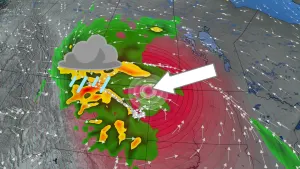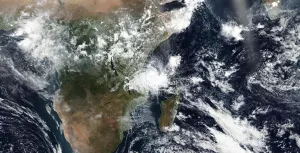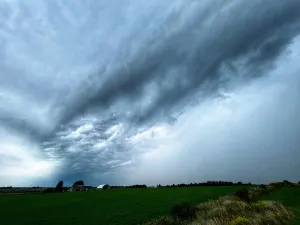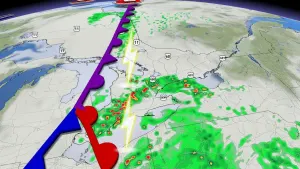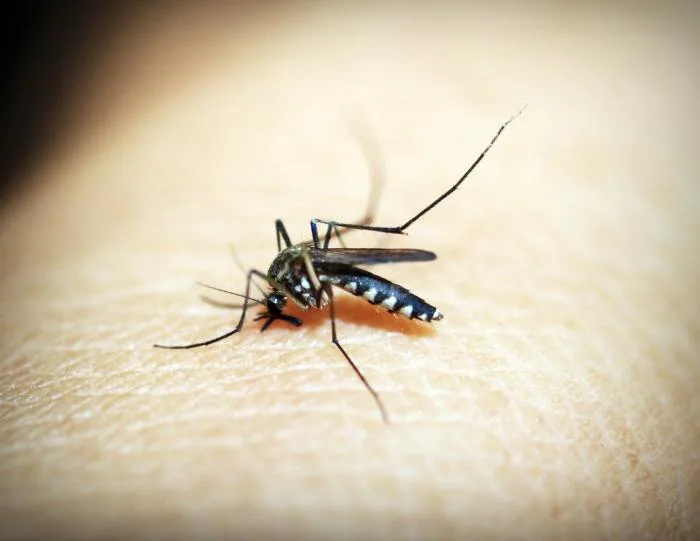
How will climate change impact mosquito-borne diseases?
The ongoing COVID-19 pandemic is coinciding with the spring warmup, delayed though it may be depending on what province you're in.
With that warmup, Canadians are likely to start seeing mosquitoes emerge once again, putting the public in mind of the 'usual' summer diseases borne by the insects, like West Nile and Zika, independent of the pandemic.
During The Weather Network's latest 'Viral Weather' panel discussion on COVID-19 and the climate, Chris St. Clair asked Dr. Marta Shocket, a biologist at the University of California, Los Angeles, for general thoughts on how mosquitoes are likely to fare in a warming world.
MOSQUITO RANGES EXPAND AS CLIMATE WARMS
For starters, Canadians who think they've seen more mosquitos around in the summertime in recent decades aren't hallucinating: Shocket says the climate has a real and measurable impact on mosquito ranges -- and, relatedly, the kind of disease they are known to carry.
"Mosquitoes are cold-blooded, so everything about how their biology works depends really strongly on temperature," she says.
Aside from their ranges, Shocket says they now teem earlier in the spring, and last longer into the fall -- and again, so do the risk months for mosquito-borne diseases.
However, on a global scale, it's not all bad. Mosquitoes, like most other organisms, have a 'goldilocks' temperature range where they thrive, beyond which it can in fact become too hot for them.
"With climate change, what we really expect is not that mosquito-borne diseases are going to get worse everywhere," Shocket says. "They're going to get worse in some places, but they might actually get better in some places where it's currently really good for them."
HOW WEST NILE AND ZIKA DIFFER
Not all mosquito-borne diseases are the same, or even spread the same way or by the same species. In fact, Shocket says, there's a 'tight evolutionary relationship' between different viruses and the mosquitoes that carry them.
West Nile virus is typically spread by mosquitoes of the Culex genus, while Zika is spread by Aedes-genus mosquitoes. As for the viruses themselves, they differ in how they can be transmitted from host to host.
Zika, Shocket says, can be spread from human to mosquito, and then on to another human. But West Nile can't be spread by mosquito from one human to another, though it can be spread in birds.
"Humans are what we call a 'dead-end' host. When humans get infected with West Nile virus, they can't really spread it to other humans," she says.







